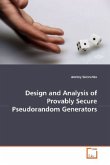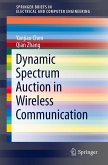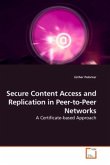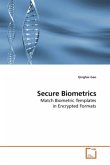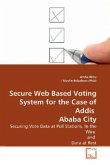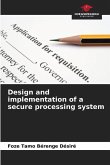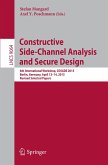Auction is an effective and convenient method to negotiate price and distribute resources. In an open and unreliable environment like the Internet, there are many threats to security of electronic auction. It is challenge to overcome them and design secure e-auction protocols. In the last several years, a lot of Internet auction websites like E-Bay have appeared. At the same time, more and more cryptographic applications to electronic auctions have been proposed. Cryptology has proved to be a key technique to implement security and privacy in electronic auctions. As public key cryptology is costly, it must be applied appropriately to guarantee computational efficiency. So this thesis concentrates on efficient application of cryptology to sealed-bid auctions. The currently existing electronic sealed-bid auction schemes are surveyed, studied and classified. Appropriate auction models are set up. Achievements and drawbacks of the current auction schemes in different models are analysed. New auction schemes are designed in the models. It is shown that compared to the currently existing auction schemes, the new auction schemes have better performance and higher efficiency.
Bitte wählen Sie Ihr Anliegen aus.
Rechnungen
Retourenschein anfordern
Bestellstatus
Storno


